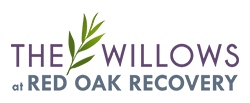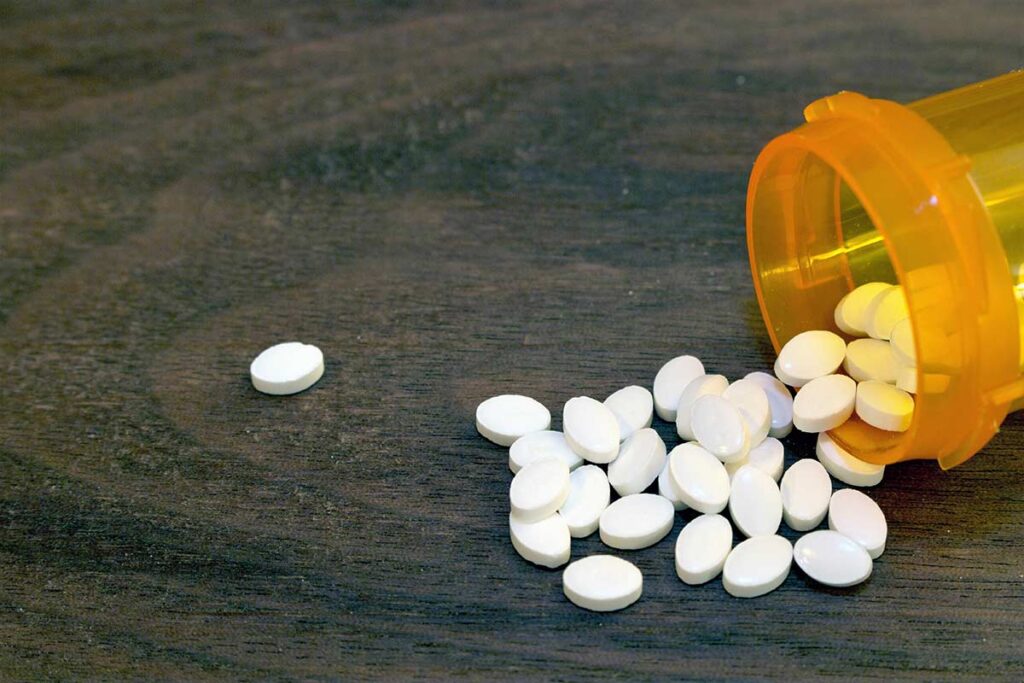The United States continues to battle the fallout from the opioid health crisis that first emerged in the early 90s. It started when pharmaceutical companies began focusing more on eliminating pain versus managing it safely. Women ended up suffering the most, with millions finding themselves trapped in a spiral of opioid addiction. Women also started getting admitted to hospitals because of opioid-related health problems at a higher rate than men in all but 11 states. If you are one of the millions of women struggling with opioid addiction, contact The Willows at Red Oak today at 855.773.0614.
What Are Opioids?
Opioids are a class of morphine-like drugs typically provided to patients for pain relief. Doctors usually prescribe opioids for short-term relief of moderate to severe pain resulting from an injury or surgery. They were also beneficial in helping with pain management in cancer patients.
The use of opioids expanded beyond their original use. Patients began receiving opioids for other conditions like back pain, neuropathic pain, and osteoarthritis. The addictive nature of opioids combined with higher prescription rates increased the number of people in the country with opioid addictions.
How Has the Opioid Crisis Affected Women?
Women have continued using opioids in higher numbers as the crisis continues. The substances range from street heroin to prescription drugs like Fentanyl and oxycodone. Other common forms of opioids include:
- Oxycontin
- Vicodin
- Percocet
- Fentanyl
- Codeine
Women are more likely to enter a substance use disorder treatment program with some form of medical, psychological, behavioral, or social disorder. They can get to the point of being just as complicated as the addiction.
Doctors prescribe significant levels of opioid prescriptions to women. Furthermore, more women become dependent on opioids after having surgery like a rotator cuff injury, colectomy, or hysterectomy. Heroin use also doubled among women between 2003 to 2012.
Side Effects of Opioid Abuse
Continued opioid abuse can lead to complications like low oxygen levels in the blood, especially when taken alongside alcohol or depressants. Most people who died from an opioid-related overdose took them with alcohol or another drug.
Side effects caused by opioid use include:
- Nausea
- Dizziness
- Fogginess
- Constipation
- Abdominal pain
- Feelings of drowsiness
- Hormone dysfunction
- Respiratory issues
As women get deeper into opioid addiction, they may have trouble functioning normally without taking the drugs. Moreover, most experts recommend that women struggling with opioid abuse seek professional treatment to wean themselves off the drugs. Trying to quit without medical supervision can take a physical toll on the body that requires medical intervention.
How Is Opioid Addiction Treated?
Individuals with an opioid use disorder often benefit from inpatient or outpatient treatment. Enrollment to a detox program may be necessary before committing yourself to ongoing therapy. Medication-assisted treatment (MAT) for opioid addiction involves administering drugs like methadone or buprenorphine to help with cravings and relieve withdrawal symptoms.
Successful treatment of an opioid condition depends on the client’s commitment and how long they have struggled with opioid addiction. The Willows at Red Oak takes a holistic approach to help women recover from the effects of opioid addiction. We focus on physical, psychological, and mental when it comes to assisting clients in healing and recovering.
Get Treatment at The Willows at Red Oak
Women with opioid addiction often benefit from a gender-specific treatment program. The Willows at Red Oak offers treatment programs focused on the needs of women. We also provide other services designed to treat other substance use disorders.
- Opioid addiction treatment program
- Women’s alcohol addiction treatment program
- Coping skills for women
- Women’s treatment center
Find out more about the women’s opioid addiction treatment program at The Willows at Red Oak by calling 855.773.0614.




